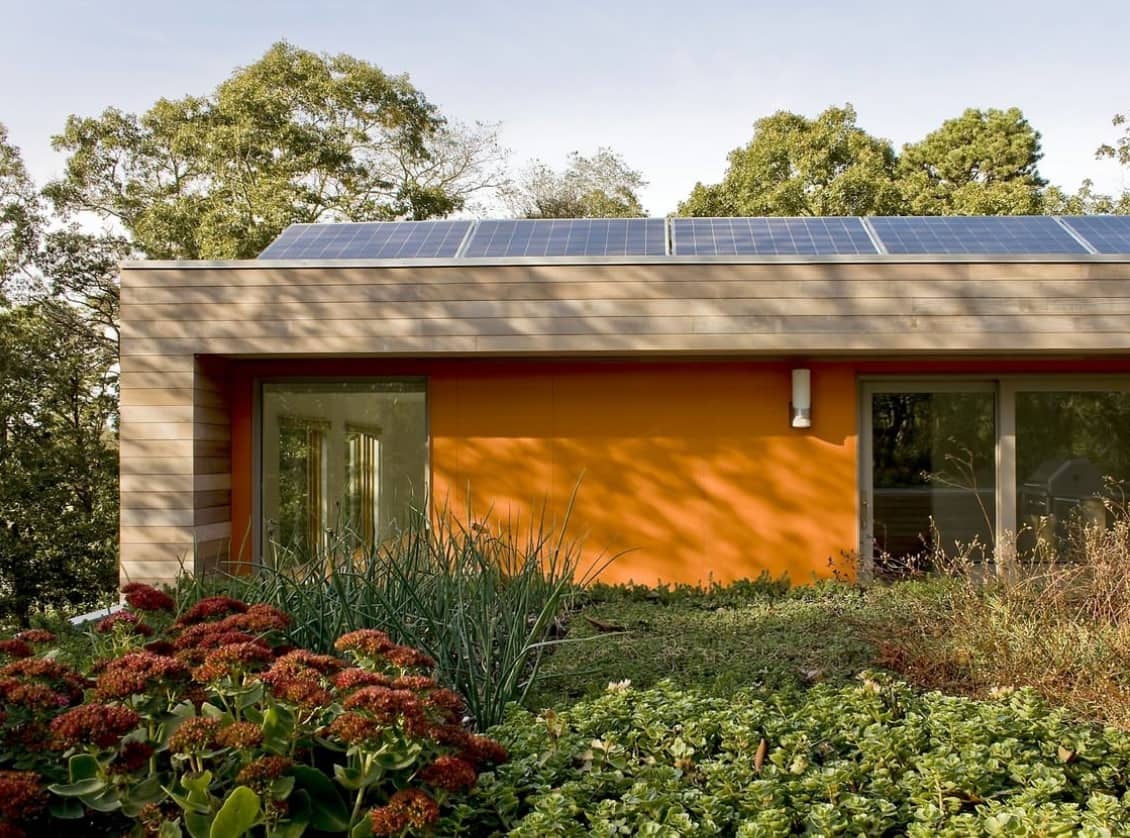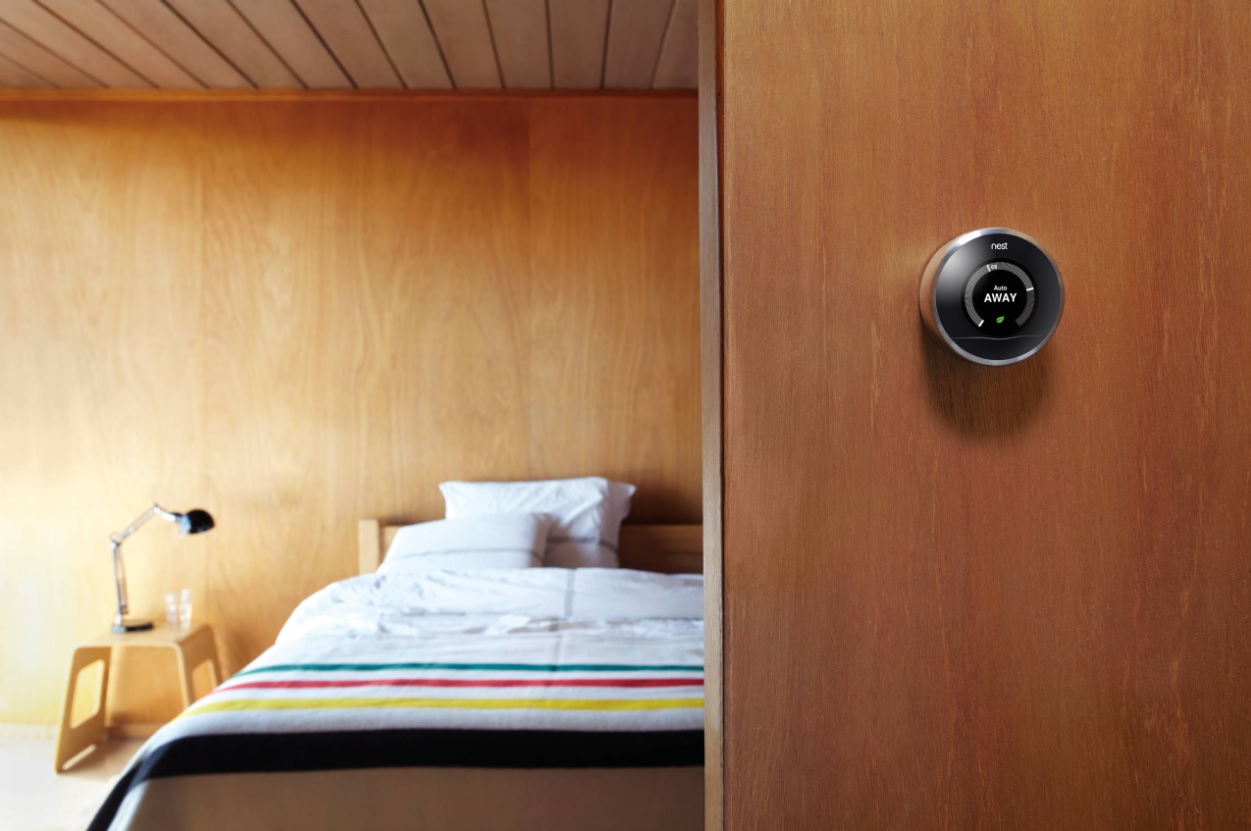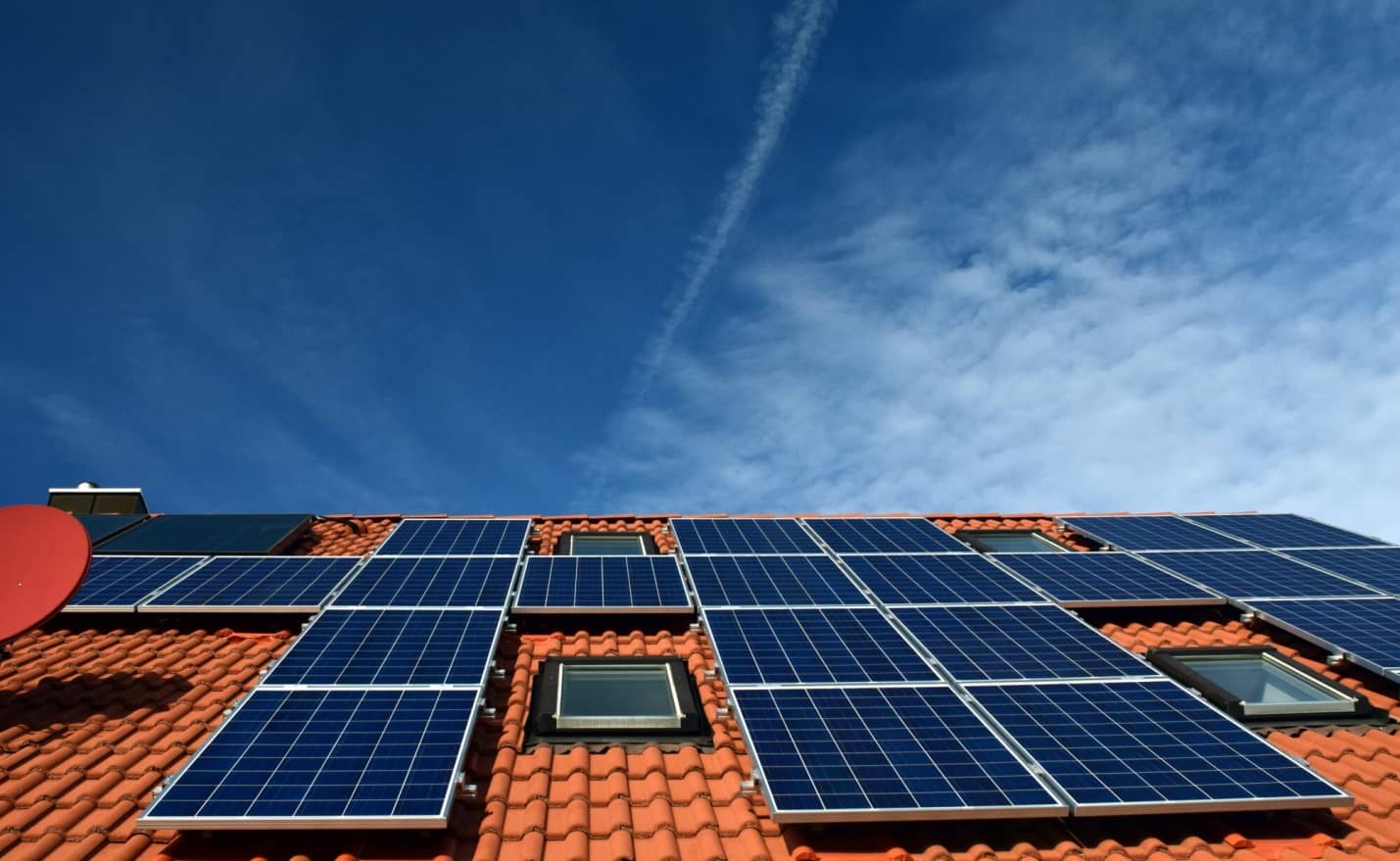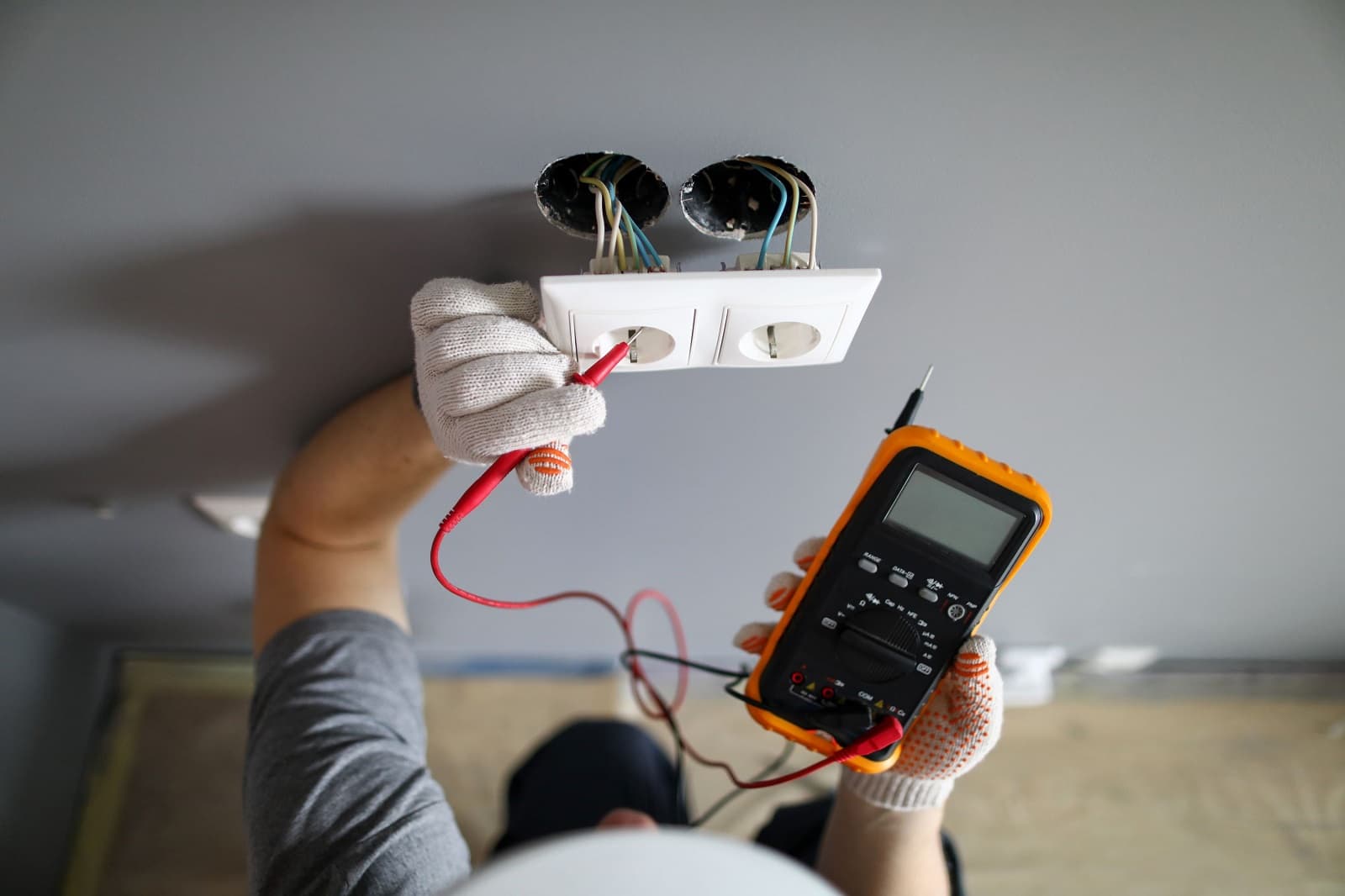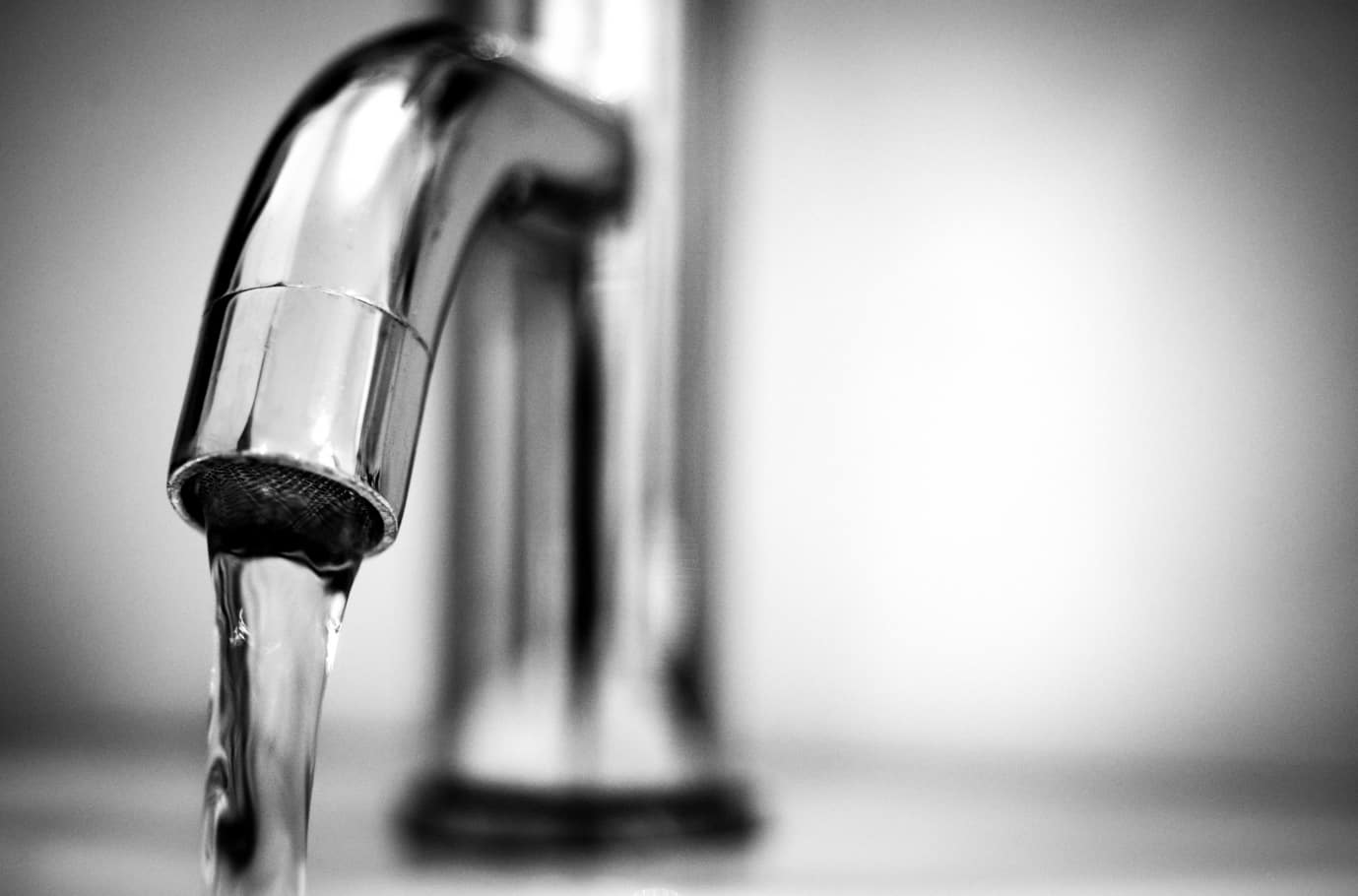You utilize electricity on a daily basis to power your home and life. However, if you are not careful or efficient, your electricity bill will rise at a rapid rate. Sadly, the majority of electricity your home uses is often wasteful and unnecessary. To conserve energy, you must focus your efforts on green strategies that will save you electricity and money.
There are multiple methods for saving energy in your home, but you must be willing to make a conscious effort towards lowering your electricity usage in everything you do. Here are 8 practical tips for conserving energy in your own house.
Be Mindful of Your Daily Habits
An important first step you can make to conserve energy is to simply be mindful of your actions. If you can cultivate an awareness of the electricity you use regularly, then you can proactively make a difference in your own life.
Do you leave any lights on? Can you unplug electronics? Are there any appliances you could avoid running? By asking yourself these questions, you can slowly adjust your lifestyle to be more energy efficient.
Don’t think that any action is too small, but understand that it is the combination of actions that can make a big difference in your electricity usage and bills.
Aside from monitoring your energy-related household habits and activities, it’s also worth looking into your energy provider. As technology advances day by day, many utility companies are finding ways to harness and deliver energy without excessive greenhouse gas (GHG) emissions and water use. Energy plans from 4Change Energy and related energy providers are an excellent example of this.
Moreover, the advantages of switching to energy plans go further than helping the environment, as this also benefits the economy. Availing energy-efficient plans means that you can keep your energy costs down, help create jobs in the industry, and influence the stabilization of electricity prices.
Switch Light Bulbs
A simple alteration you can make in your home to save electricity is to change your current light bulbs. Traditional light bulbs consume a large and unnecessary amount of energy. By switching to more energy-efficient bulbs, like LEDs, you can conserve massive amounts of energy every day.
Energy-efficient light bulbs last far longer than traditional bulbs, so even though they may cost more initially, they will save you money in the long run. Switching out your light bulbs is an easy method for saving money and conserving energy in your home without having to even think twice about it.
Adjust Your Water Heater Settings
Water heaters take up large amounts of energy in your home. To lessen the amount of energy used for your water heater on a daily basis, consider ways to reduce your usage. By using less hot water or turning down the thermostat on your water heater, you can easily save electricity. To know how big an economy you can get, you can use an energy usage calculator.
These solutions don’t mean you have to give up hot water, but rather they just limit the amount you use in order to save energy and money. In addition, you could research and purchase an energy-efficient water heater to double your efforts for conserving electricity.
Install a Programmable Thermostat
To cut back on wasteful energy utilized by your thermostat, consider installing a programmable thermostat. With a programmable thermostat, you can create settings to automatically adjust heating and cooling in your home. If you are asleep, at work, or on vacation, you can easily reduce the amount of heating and cooling in your home to save electricity in an instant.
Energy is consumed in our homes so easily, especially through our heating and cooling efforts. Buying a programmable thermostat will help you drastically cut back on your house’s excessive energy consumption and save you lots of money in the process.
Purchase Energy-Efficient Appliances
Appliances, such as refrigerators, dishwashers, washers, and dryers, consume huge amounts of energy in your home. With the majority of your appliances either always running or being operated regularly, the bills can quickly begin to pile up. While this step is not as simple and inexpensive as just flipping a switch, it can save you a lot of energy and money in the future.
By purchasing energy-efficient appliances, you can save energy without having to constantly think about it or unplug devices. Energy-efficient appliances will help you cut back on money spent on energy and water in your home.
However, keep in mind that purchasing energy-efficient appliances without observing the right usage and energy-saving strategies will still be a useless effort.
Buy Energy Efficient Windows
Energy-efficient windows are another purchase you can install in your home to quickly make a difference in your electricity bills. Windows can significantly change your home’s heating and cooling needs. To avoid further unnecessary energy consumption towards heating and cooling, consider installing more efficient windows.
Double-pane windows are much more energy efficient for homes. If you want to conserve even more energy, research different types of windows that would be beneficial for your regional climate and weather.
Every small alteration made in your home to conserve energy helps exponentially in saving your money and the planet.
When choosing energy-efficient windows, take a look at the ENERGY STAR and NFRC labels of the product to guarantee that they’ve met the energy efficiency guidelines implemented by the United States Environmental Protection Agency (EPA). The NFRC discussed these four energy efficiency factors of windows:
- The lower, the better: U-Factor, Solar Heat Gain Coefficient, and Air Leakage
- The higher, the better: Visible Transmittance
Insulate Your House
Insulation is vital to conserving energy in your home. Insulation is important because it helps keep the heat in during the winter and keeps the heat out during the summer.
The type of insulation necessary for your house varies based on where you live. Research what type of insulation experts recommend for your home before installing. In addition, the amount of insulation you install depends on your house. Determine how much insulation is necessary for your house based on the specifications of your home.
Adding insulation is necessary for regulating the temperature of your house and cutting back majorly on electricity costs for heating and cooling.
With that in mind, here are some useful home insulation tips for better energy conservation, varying from small to significant changes:
- Perform draught-proofing in small crevices found in your home, like gaps in the doors and windows.
- Plant trees around your home to help keep the temperature down.
- Use thermal curtains or blinds as your window treatment.
- Update your wall and floor insulation if necessary.
- Don’t forget to have your vent attic and crawlspace insulated professionally.
Consider Alternative Energy Sources
Changing the amount of energy consumed in your home through different methods and tools is a key component of cutting back on energy; however, there are more drastic measures you can take to create a larger difference in your home if you are able.
Alternative or renewable energy sources have become popular choices for homeowners everywhere. By changing the type of energy your house utilizes, you can efficiently cut back on electricity while also converting to cleaner energy.
The most common alternative energy source is solar power. By installing solar panels or shingles on your roof, you can harness the energy from the sun to run and power your house.
Your home is important to you. While energy is necessary to live your life, there are numerous methods for cutting back on electricity in order to save your money and help the planet. By taking small steps towards a more energy-efficient home, you can begin to make a powerful change in your daily life and the lives of others.

